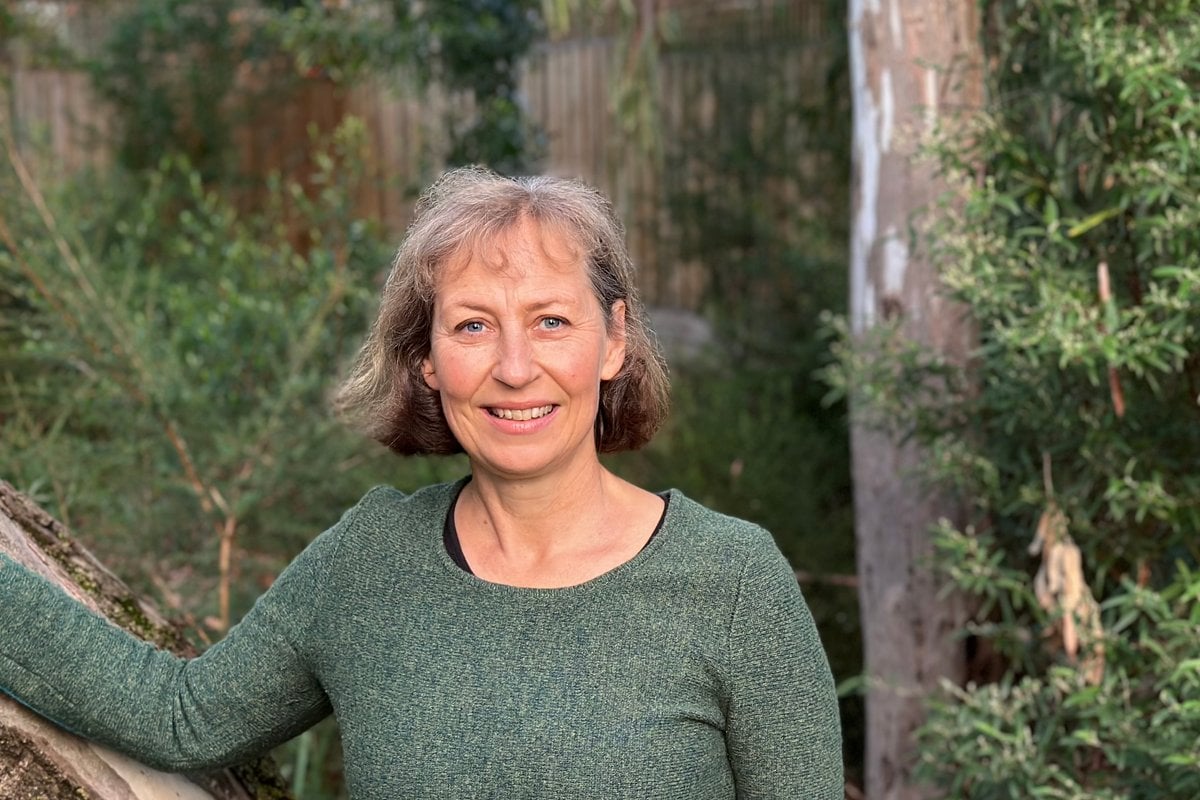
Going to the GP has traditionally been about being listened to and then given a prescription to hand over at the pharmacy for medication. You might get a referral to another medical practitioner, an allied health professional, or for pathology. They might even send you home with nothing at all; just instructions to take some Panadol and rest.
But what about a 'nature prescription'?
Has your GP ever instructed you to take a 'daily dose of green' and prescribed time in nature? Maybe if your GP is Dr Dimity Williams, then she has.
"A nature prescription is a new type of script where a doctor like me suggests their patient spend a certain amount of time in nature on a regular basis," Dr Williams, family doctor and author of Nature Our Medicine tells Mamamia.
"This might be walking in a local park or by the beach, sitting in your backyard or watching the sunset from your balcony. The key is to disconnect from technology, by switching your phone off (or onto airplane mode) and putting your headphones away to connect with the natural world around you.
“Listening to the birds, feeling the warm sun on your face, breeze in your hair – literally stopping to smell the roses!"
Watch: What does Nature do for our happiness? Post continues below.
